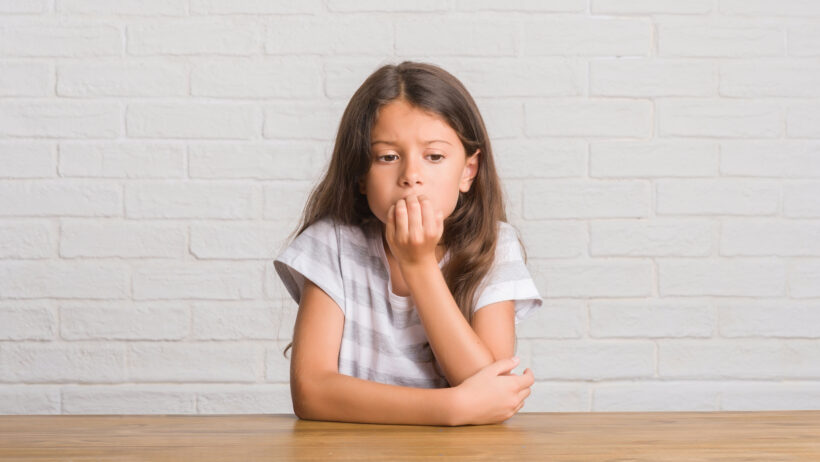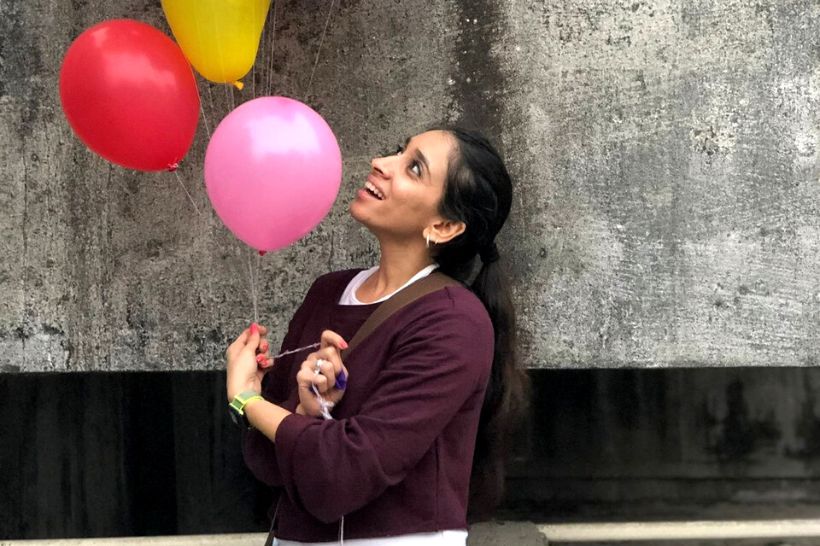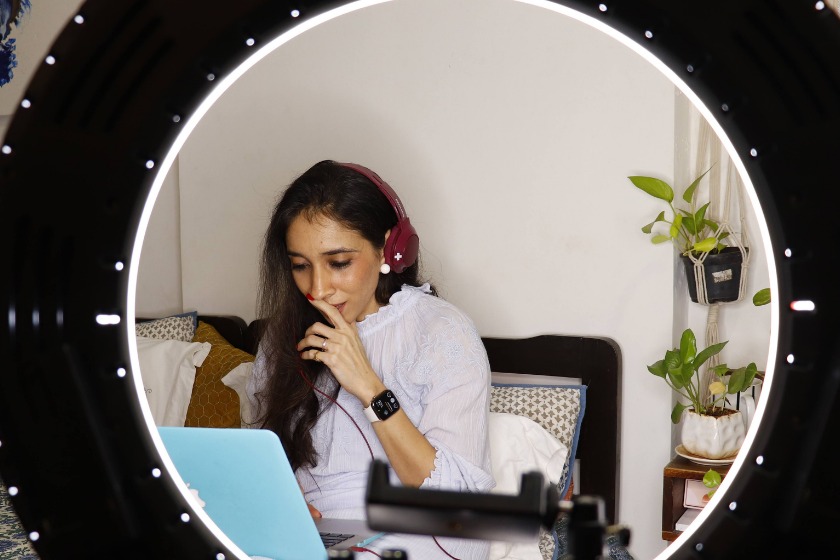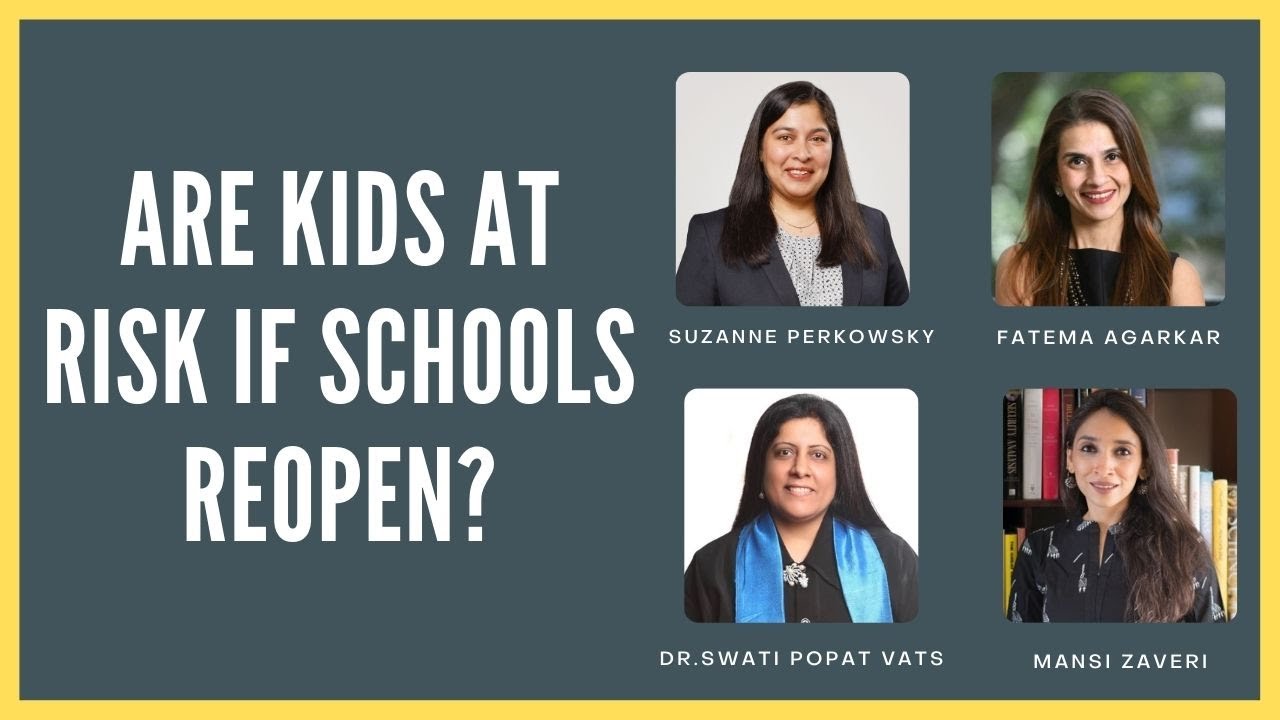Finally!!! School opened a week ago and my son has been over the moon to be back along with his friends. As much as he was happy being home, he was starting to miss his friends, the stability of a routine and the just small things like being able to be out at break time and run to the canteen to buy himself ice cream.
It was the small things he was starting to miss. But he was also anxious – will his ‘online’ friends hag with him when they are offline, will the teachers be strict now that the kids couldn’t put them on mute and drift off and how would he fare in the tests that were starting (without the help of Google).
The anxiety I realized was very real and my son was not the only one being affected by these things.
Why Are Our Kids Feeling Anxious More Than Ever?
The UNICEF published a report a few months ago and UNICEF India Representative Dr Yasmin Ali Haque said that
“Children in India have been through a challenging time living through the risks and restrictions posed by the pandemic. Nothing could have prepared them for the onslaught of the second wave of the pandemic that hit India earlier this year. Children witnessed suffering and uncertainties that no child should have to see. Being away from family, friends, classrooms and play caused isolation and anxiety. Children have not only been living an emotional tragedy, many are also at a higher risk of neglect and abuse. What we know about the mental health impact of the pandemic on children is just the tip of the iceberg. ”
The pandemic added stressors to their lives in the form of isolation, disruption of routine and uncertainty. Kids lost family members, got sick themselves, missed milestone occasions. For some, particularly children who already experienced anxiety, heading back into the classroom after months of remote learning presented its own set of struggles – like my son was experiencing. From erratic sleeping patterns to the fear of meeting people, kids are facing many challenges.
The survey findings, which are previewed in The State of the World’s Children 2021, also found that around 14 per cent of 15 to 24-year-olds in India, or 1 in 7, reported often feeling depressed or having little interest in doing things.
Counsellors are saying that they now have clients spanning all ages, each with their own problems. Toddlers, who have never gone to school are anxious about leaving home and stepping into new playgrounds, meanwhile, teenagers are anxious about facing crowds and co-existing with peers, again. Parents are also finding it difficult to cope and communicate with their children.
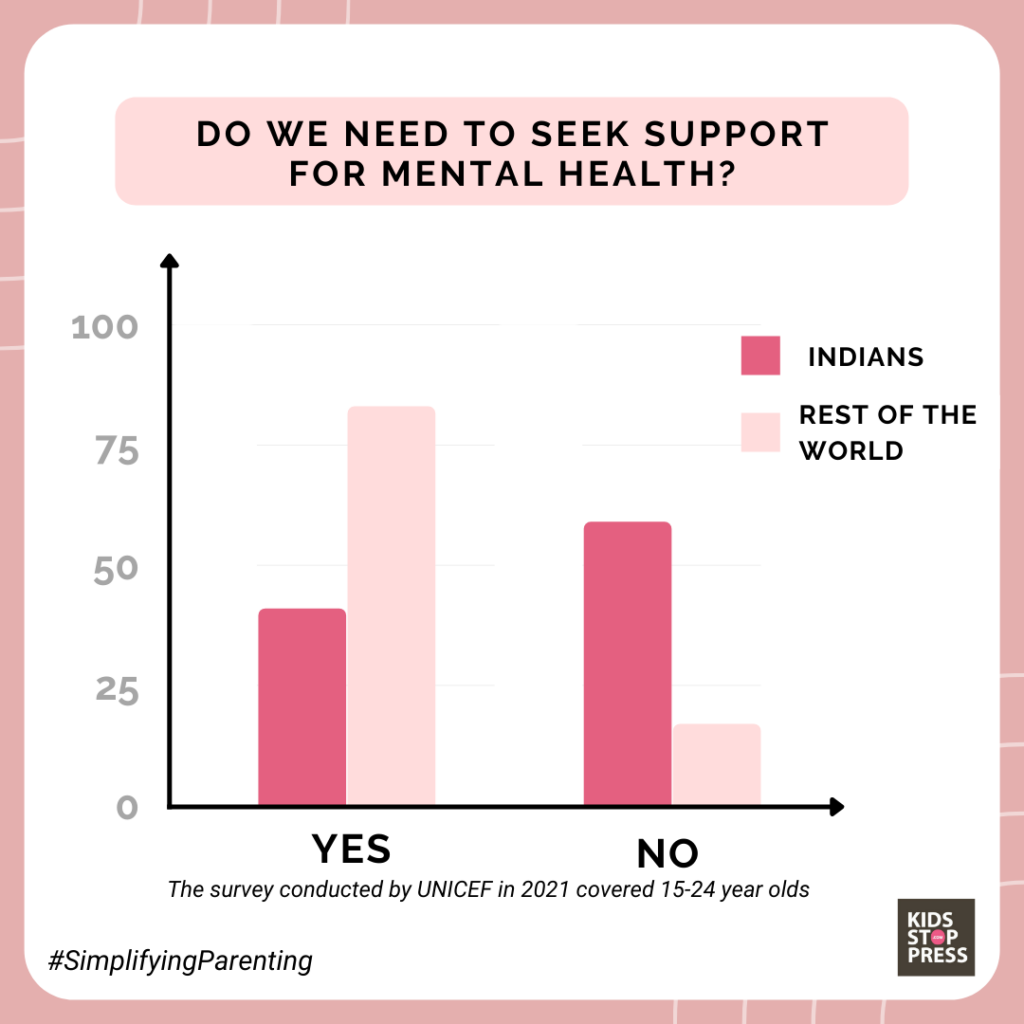
According to a survey conducted by UNICEF and Gallup in early 2021 with 20,000 children and adults in 21 countries. Only 41 % of young people between 15 -24 years of age in India said that it is good to get support for mental health problems, compared to an average of 83 per cent for 21 countries.
In fact, India was the only one of 21 countries where only a minority of young people felt that people experiencing mental health issues should reach out to others. In every other country, a majority of young people (ranging from 56 to 95 per cent) felt that reaching out was the best way to deal with mental health issues.
In India, children with mental health disorders are mostly undiagnosed and hesitant in seeking help or treatment. According to the Indian Journal of Psychiatry in 2019, even before the pandemic, at least 50 million children in India were affected by mental health issues; 80 – 90 per cent have not sought support.
We have chatted with Dr Shwetambhara Sabharwal, a clinical psychologist and psychotherapist about anxiety in kids at length. You can watch the full interview below
As per an article in the Wall Street Journal (WSJ), they have experts who say that children as young as 8 years should be screened for anxiety as they see worsening mental-health crises among young people in the pandemic’s wake.
More than one-in-three high-school students reported experiencing poor mental health during the pandemic through June 2021, according to a Centers for Disease Control and Prevention survey of more than 7,700 students. About 44% said they had persistent feelings of sadness or hopelessness within the 12 months before the survey.
Children got accustomed to a certain way of living for two years. Even after summer vacations, there are kids who take time to adjust themselves to the new routine and this is 2 years of being inside away from it all.
There are those who have never seen the inside of a school – the pandemic babies as a lot of people call them.
The first day of daycare or pre-school can be a nightmare for most parents as many children scream and cry when separated from their parents. Now with the kids not really meeting others except their immediate family, this separation anxiety has become far worse.
Dr Nisha Vidyasagar, Clinical Psychologist at Unified Brain Health Care, Chennai wrote that
Due to the uncertainty created by the Covid-19 crisis and parents working from home over the past year, more children are experiencing extreme distress whenever there are occasions of being separated from parents. Though most commonly seen in children, even young adults transitioning to college or having to stay away from their loved ones are noted to be experiencing this in the current situation.
What Happens When Kids Experience Anxiety?
When children experience anxiety, there is often a surge of chemicals that become activated in their body and their survival mechanism kicks in. The prefrontal-cortex (area of our brain responsible for reasoning and logic) is paused, as emotions take control. Once this happens, it becomes difficult for children to think clearly. They enter a state of confusion and become incapable of responding to situations with urgency.
Children with anxiety have some of these symptoms:
- Tend to cry easily
- Throw tantrums
- Become easily irritable and angry
- Get startled easily
- Have a bed-wetting problem
- Experience sleep problems. (Trouble falling asleep and/or waking up through the night)
- Experience frequent nightmares
- Unable to sit still or stay in a particular area for long (restlessness)
- Have a change in eating habits (eating too much or not enough)
- Keep nagging until their demands are met
- Physically trembling and shaking
- Become unable to handle general pressure from parents and from teachers at school
- Worry about parents leaving them
- Worry about parents separating from each other
- Worry about bad things or disasters happening to the family in the near future
- Are troubled by repetitive negative thoughts
UNICEF India Representative Dr Yasmin Ali Haque also said that
“In India, we need to break the stigma of talking about mental health and seeking support so that children can have better life outcomes. We must change the way we view mental health.For children who are isolated and traumatized, we must make sure there is better understanding to maximize every child’s potential.”
We would love to know your thoughts on this? How are your kids coping as they head back to school? Talk to us in the comments below.
